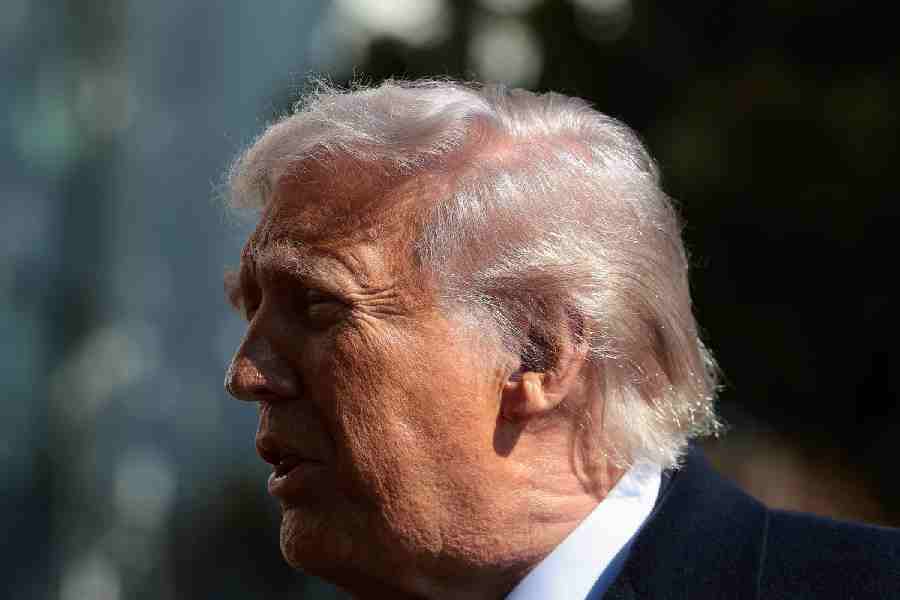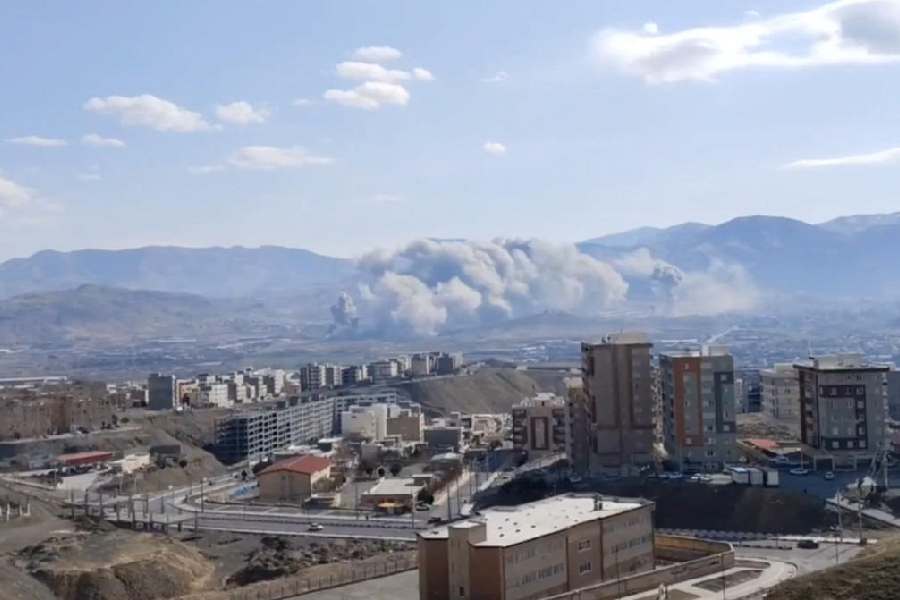 |
New Delhi, July 15: When Shinzo Abe visits Calcutta next month, it will be as a Prime Minister and a grateful grandson.
The Japanese Premier has decided to meet the family of Justice Radhabinod Pal, the lone dissenting voice at the war crimes tribunal that indicted Japan after World War II.
Pal had argued that the 1948 Tokyo Trials were an act of revenge by the Allied victors.
“Every one of the accused must be found not guilty of every one of the charges in the indictment and should be acquitted of all those charges,” he said.
But seven men were hanged for their “war crimes” and many detained. Among those detained was Kishi Nobusuke, a minister in the Japanese government at the time Pearl Harbor was bombed in 1941 and later Prime Minister in 1957.
Abe is Nobusuke’s grandson.
The Occupation forces had banned Pal’s typewritten, book-length judgment opposing the death sentences and detentions of the Japanese “war criminals”. But later, it was widely read in Japan while Pal and Nobusuke became very good friends.
Today, there is a museum devoted to Pal’s memory in Hakone, a resort town near Mt Fuji which houses a pen the Indian judge used during the trials. Nobusuke had donated the pen to the museum.
Clearly, Abe is keen on leveraging both history and nostalgia in the cause of modern-day diplomacy and national interest. India is a huge market and — even better — Delhi’s best friend these days, the US, has been Japan’s main ally since the end of the war.
Delhi, of course, is blissfully playing along.
Abe, whose visit to Calcutta on August 23 is part of a 48-hour trip to India that would have incorporated a joint session of Parliament the day before, will bring with him over a hundred top Japanese industry bosses. Ten of them will come together with an equivalent number of Indian captains to form a business forum.
Sources said Abe hopes Japanese business will be able to return to a market they ceded to Korean and US majors in the last decade.
Abe is expected to make material promises that should bring a smile to Bengal chief minister Buddhadeb Bhattacharjee’s face, but this is something the Japanese are still keeping a closely guarded secret.
Japan’s Mitsubishi Chemicals is said to be the most successful foreign investment in Bengal and Abe, the sources said, would certainly like to use that as a model to take the Indo-Japanese partnership forward.
Abe will also visit Netaji Bhavan. It is believed that the ashes in an urn in Tokyo’s Renkoji temple are those of Netaji Subhas Chandra Bose, believed to have been killed in an air-crash in Taipei in 1945.
But Japanese officials, aware of the sensitivity of the subject, especially after the Mukherjee Commission rejected the idea that the ashes are those of Bose, pointed out that Japan is “always alive to the sentiments” of the people of Calcutta. “We know that history is always delicate for any nation,” they said.
An Abe homage to Rabindranath Tagore is on the cards, too, as is the inauguration of a new Japanese cultural centre for Calcutta. Besides, of course, talks with chief minister Bhattacharjee.











